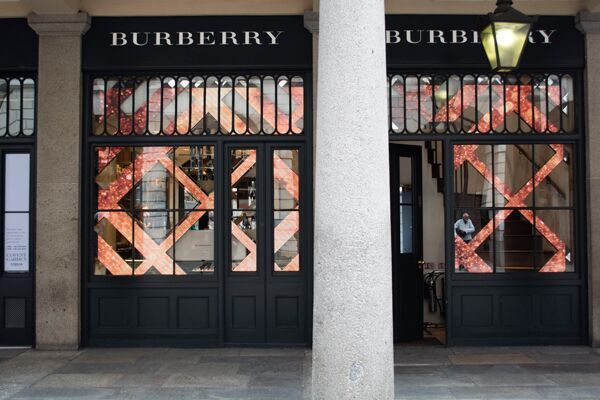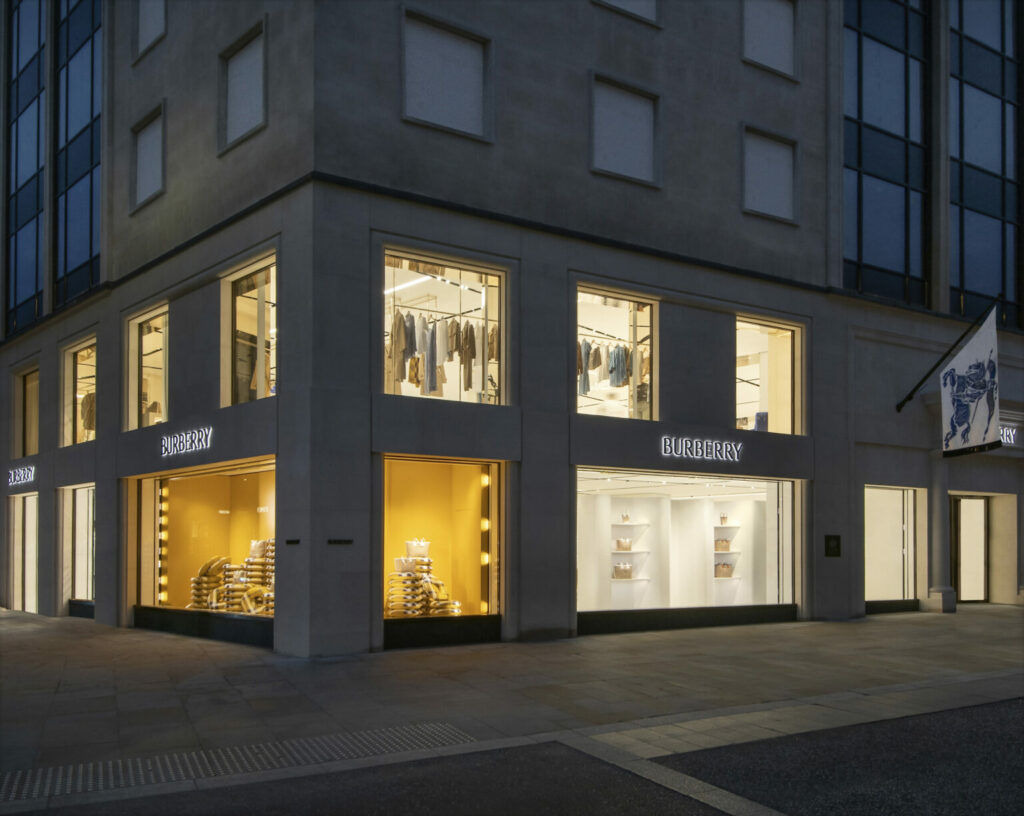Burberry has announced that it will be overhauling its retail operations and simplifying its product ranges after disappointing preliminary results.
Adjusted profit before tax fell by 10%, losing £35m to £421m. Last month, total revenue decreased by an underlying 1% to £2.5bn. Profits before tax dropped significantly year on year from £445m to £416m.
The British retailer has been affected by a weakening demand in Hong Kong and a slowdown in Chinese tourists visiting its European stores.
Burberry has devised a three year plan to revive sales and improve productivity, as well as aiming to save at least £100m of costs by the end of 2019.
After relaunching its trench coats and scarves, the luxury brand will be focusing on the improvement on key products such as its bags, retail productivity and ecommerce initiative.
“While we expect the challenging environment for the luxury sector to continue in the near term, we are firmly committed to making the changes needed to drive Burberry’s future outperformance, underpinned by strong brand and business fundamentals” commented CEO and Chief Creative Christopher Bailey.
“We continue to see significant opportunities ahead of us and have put ambitious plans in place to increase future revenue, enhance productivity and create a more efficient organisation. In addition, the capital allocation framework announced today prioritises the investment needs of the business and regular dividend payments to our shareholders, while balancing capital efficiency and flexibility.”
“Burberry capitalized on the opportunity in China, but put all its trench coats in one basket and are now exposed to its slowdown. Christopher Bailey looked to be flourishing in the demands of CEO and Chief Creative Officer last year, however the story looks somewhat different this year. The appointment of a commercially savvy number two is now imperative to deliver against the ambitious plans laid out in the prelim statement” added Paul Thomas, Senior Consultant at Retail Remedy.
Creating new demand has to be at the core of Burberry‘s future strategy. Burberry has re-established itself as a desirable luxury brand. It cannot afford to let this slip by producing sub brands or overselling. With trade slowing in Europe, and fluctuations in the US markets, China is not the only problem Burberry has. This could be a defining year for Burberry and for Bailey.


















